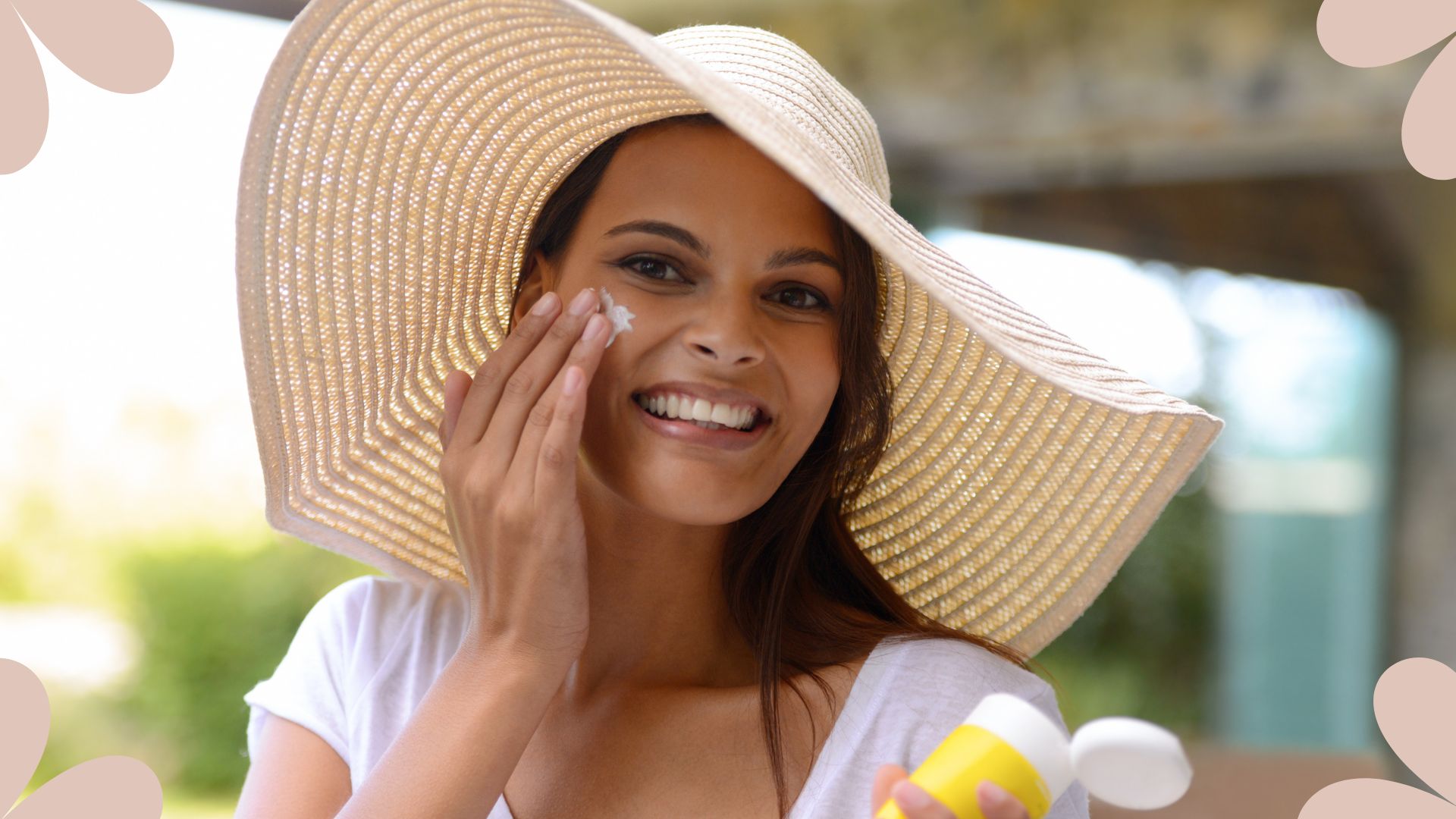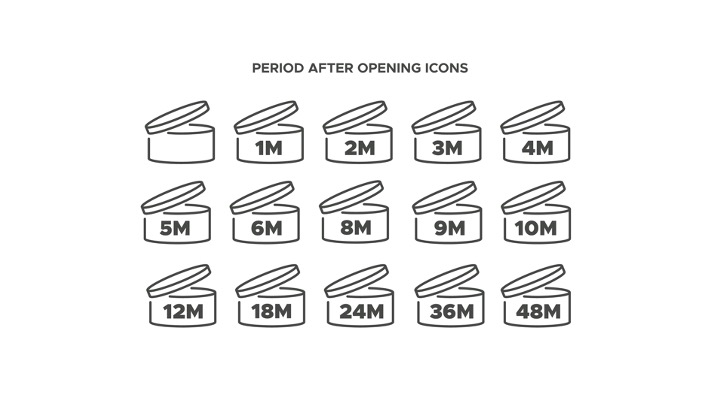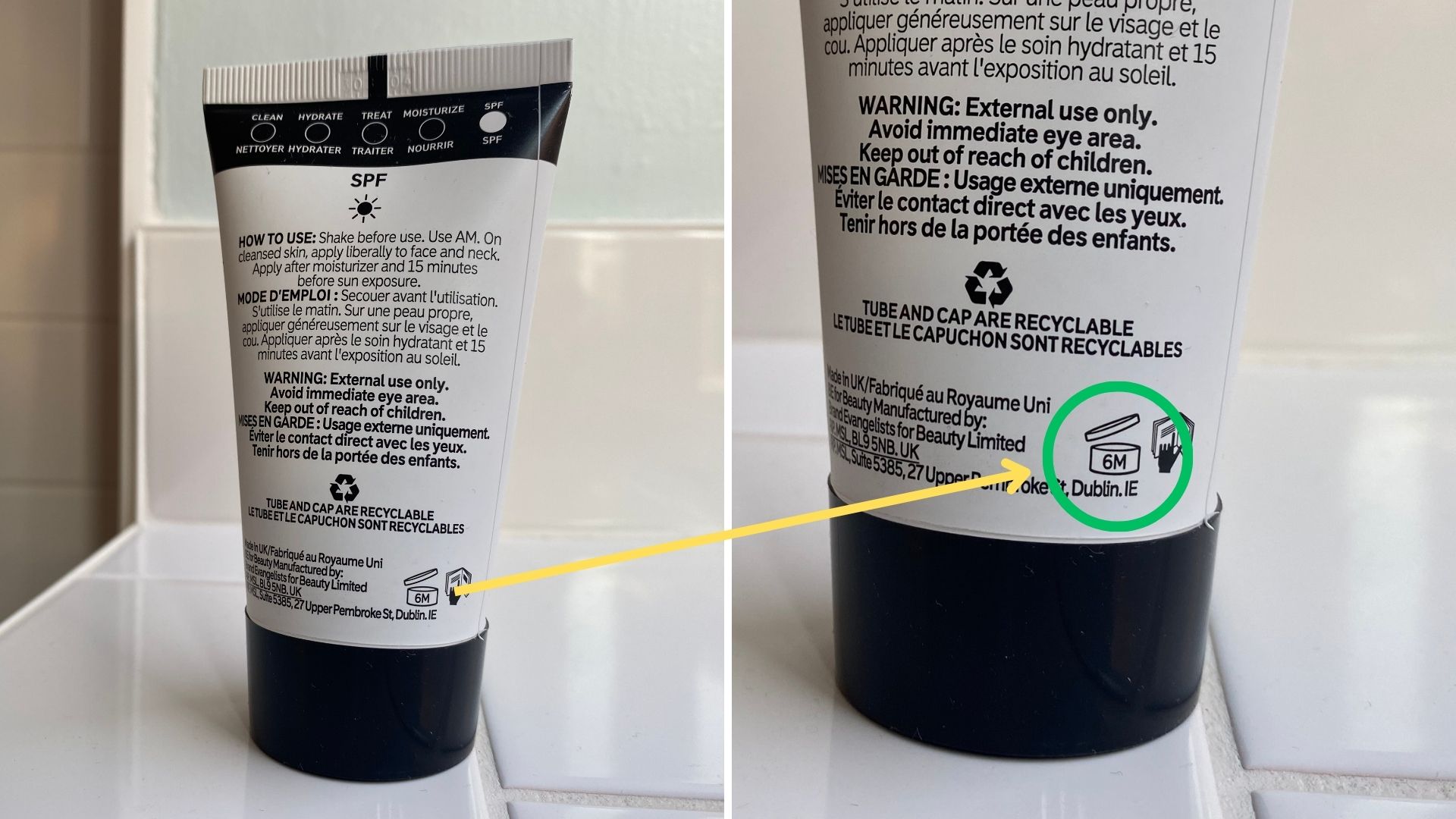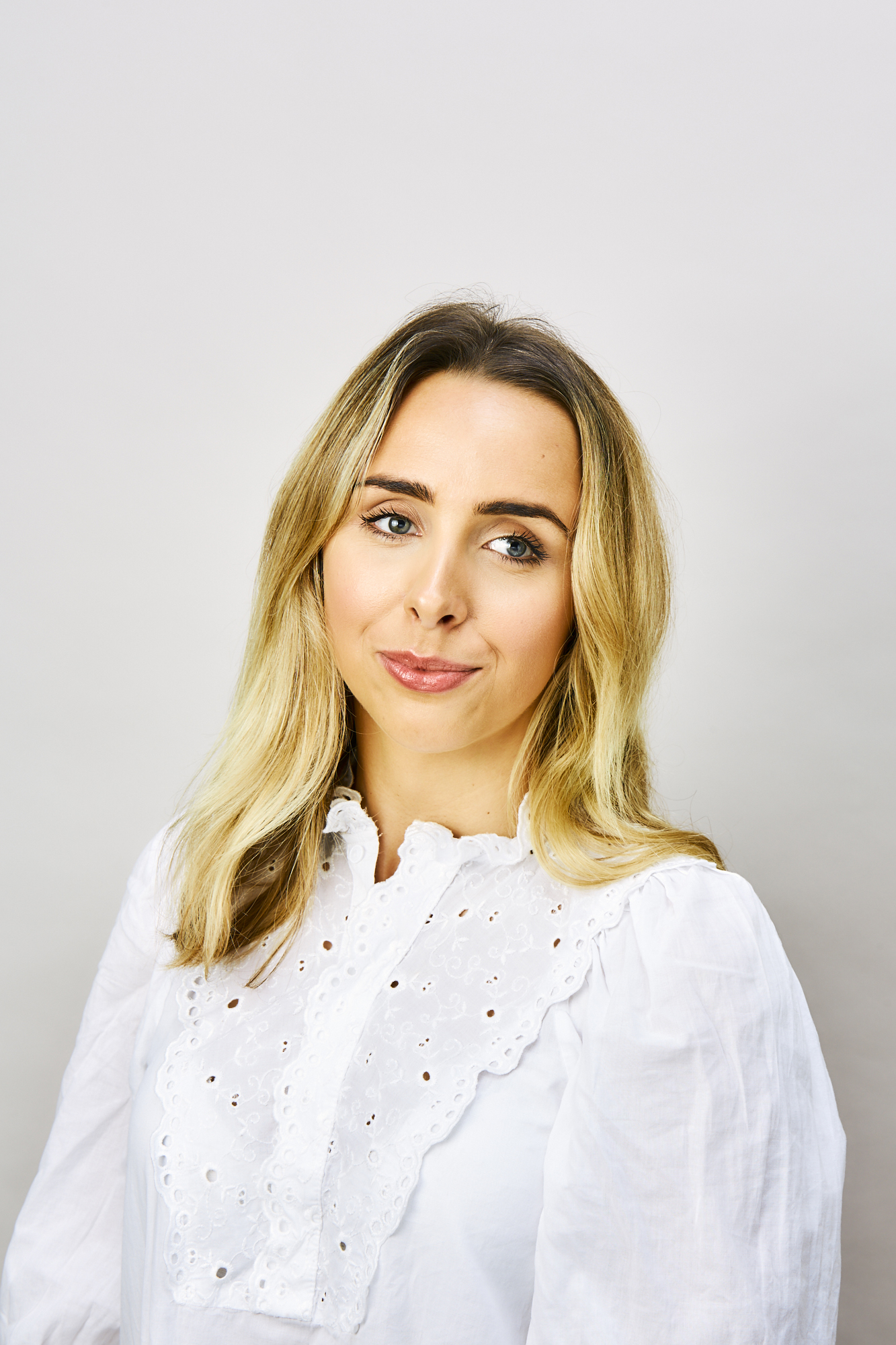Does sunscreen expire and how do you know if it is out of date?
We asked dermatologists and skin experts if sunscreen really does expire and this is what they had to say…


Rachael Martin
It’s a bathroom cabinet staple – but does sunscreen expire? For optimal protection, it’s imperative to always wear a high-factor, broad-spectrum sunscreen that’s fresh - but how do you know if your SPF needs replacing?
We know the drill: wearing one of the best sunscreens for your face - even if it's a tinted moisturizer with SPF - is an everyday essential that will protect skin from sun damage caused by harmful UV rays. But before you reach for last summer’s bottle, have a look at the expiry date.
According to the dermatologists and skin experts we consulted, sunscreen does indeed expire and there are a few tell-tale signs to look out for that will indicate when yours is passed its best.
Does sunscreen expire and why?
For anyone who has dug out a bottle from last summer or the one before that, and is hoping to use it, we have bad news: yes, sunscreen does expire. The average shelf life of sun cream is 6 to twelve months after opening, so sadly last summer's bottle is unlikely to be protecting you as well as it should.
As with all skincare products, sunscreen expires because the ingredients in sunscreen degrade over time. “Sunscreen expires as the filters and other ingredients spoil over time, meaning they won’t be able to offer the protection they once did when they were newly opened,” explains consultant dermatologist Dr Anjali Mahto.
It's also worth knowing that leaving your bottles in direct sunlight or high temperatures causes the potency of your SPF to dissolve even faster, too.
What about if it has never been opened?
Most products in your skincare routine are designed to have a shelf life of three to five years, whether you open them or not. This includes SPF products, meaning that your sunscreen will eventually expire, even if you've never opened it.
Sign up to our free daily email for the latest royal and entertainment news, interesting opinion, expert advice on styling and beauty trends, and no-nonsense guides to the health and wellness questions you want answered.
However, it is only once the product has been opened and used that the expiry date (the number of months indicated on the packaging) comes into effect. “This is because ingredients can deteriorate or change once they are exposed to the air,” explains Dr Maryam Zamani, a facial aesthetics doctor and founder of MZ Skin.

This is what the expiry symbol on the back of beauty and skincare products looks like.
How do you know if sunscreen has expired?
“Signs that a sunscreen has expired include a change in smell, colour and consistency,” says Mahto. “If the product has separated, or doesn’t look or feel how it once did, it’s probably gone off." In this case, the best thing to do is dispose of it and replace it with a new one.
If your sunscreen looks and smells okay but you know you've had it for a while, you can check the product's expiry date on the packaging.
To check how long your sunscreen’s shelf life is you just need to look for a symbol of an open jar with a number followed by an ‘M’ on the packaging. The little number before the M represents the number of months the product can usually be used for after you've opened it. This works best if you can remember when you first opened the product of course, so if you're likely to forget it might be worth writing the date on the bottle in a permanent marker when you first open it.

Here's what the symbol of an open jar with a number followed by an ‘M’ on the packaging might look like on your sunscreen.
Can you use sunscreen after the expiration date and what happens if you use expired SPF products?
No one is going to stop you using sunscreen after the expiration date - but you probably shouldn't, especially if the bottle is open. Once sunscreen has expired, the ingredients can spoil and the formula can become less effective as a result.
Not only do you risk using a sunscreen that might not actually protect you from the sun, but an expired product may also behave differently on the skin, causing irritation.
"You can use sunscreen after the expiration date, but there’s no guarantee that the level of protection it promises will be delivered," says our consultant dermatologist Mahto. "You’re far better off not using it and buying a new one to ensure that you’re fully protected from the sun’s damaging UV rays."
For more advice on SPF and sun protection see our quick and handy guides:
Emma Stoddart is a freelance beauty journalist and self-confessed skincare aficionado with over five years’ industry experience. Emma has worked for some of the UK’s top women’s titles including Net-A-Porter, Stylist and Grazia. Her experience spans online and print as well as producing editorial shoots with some of the industry’s biggest artists, including Val Garland. Asides from working with them behind the scenes, she’s also had the chance to interview the likes of Patrick Ta, Pat McGrath, and Sam McKnight for all their insider tips and tricks.
- Rachael MartinDigital Editor - Woman & Home
